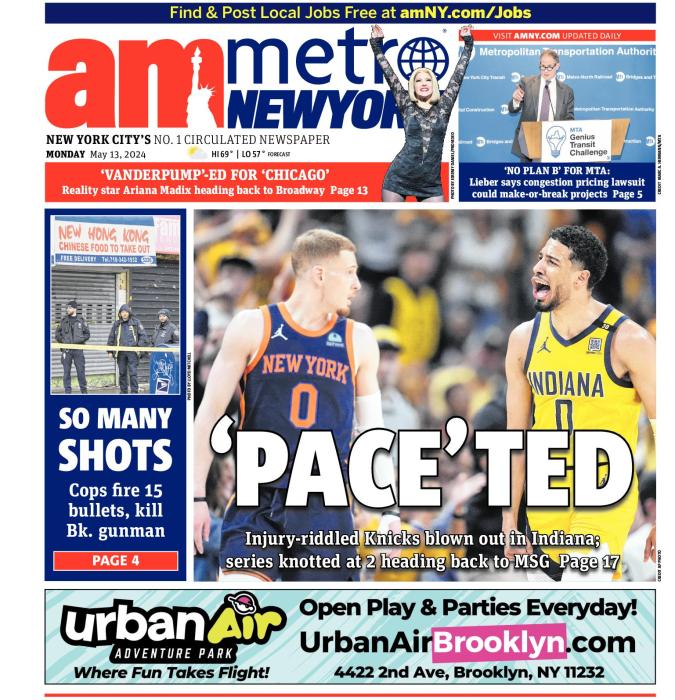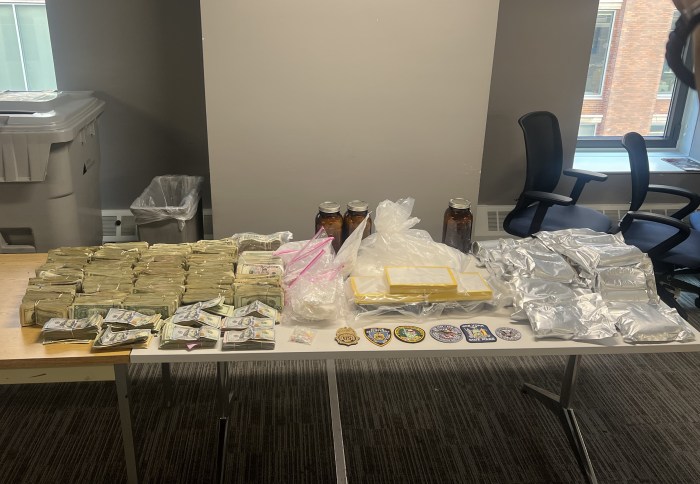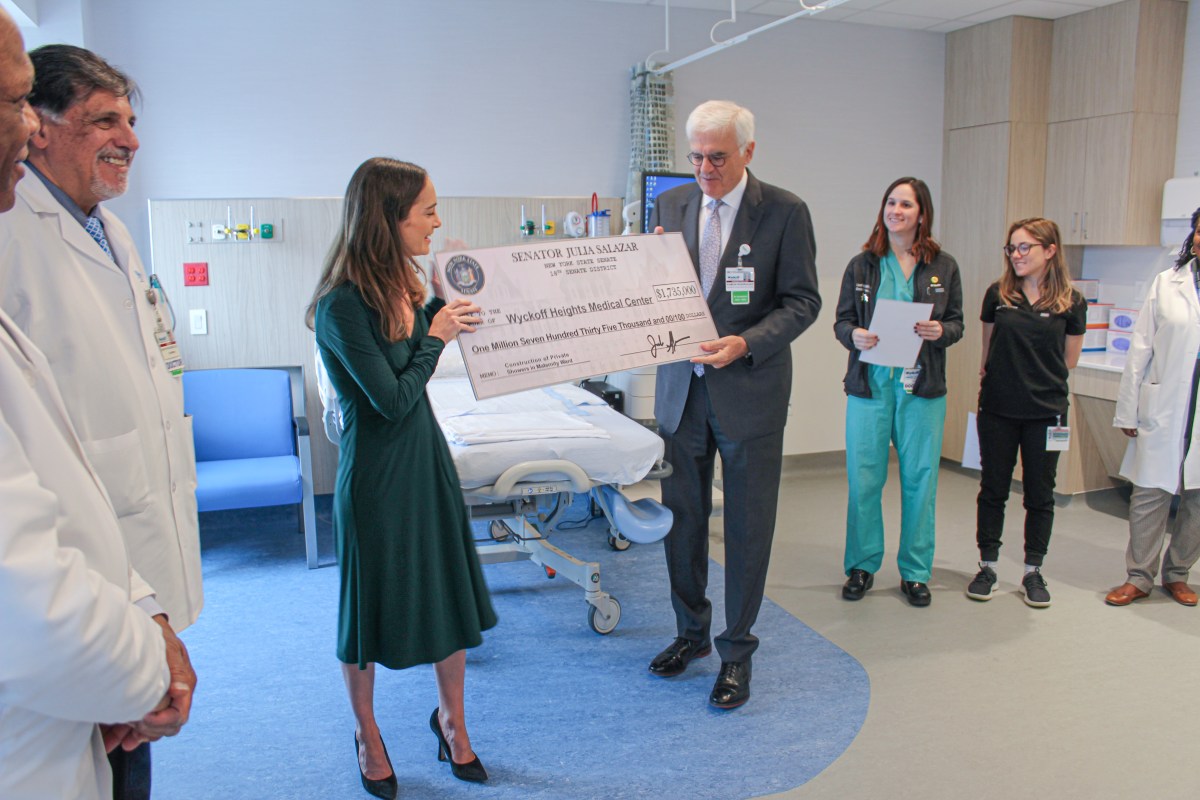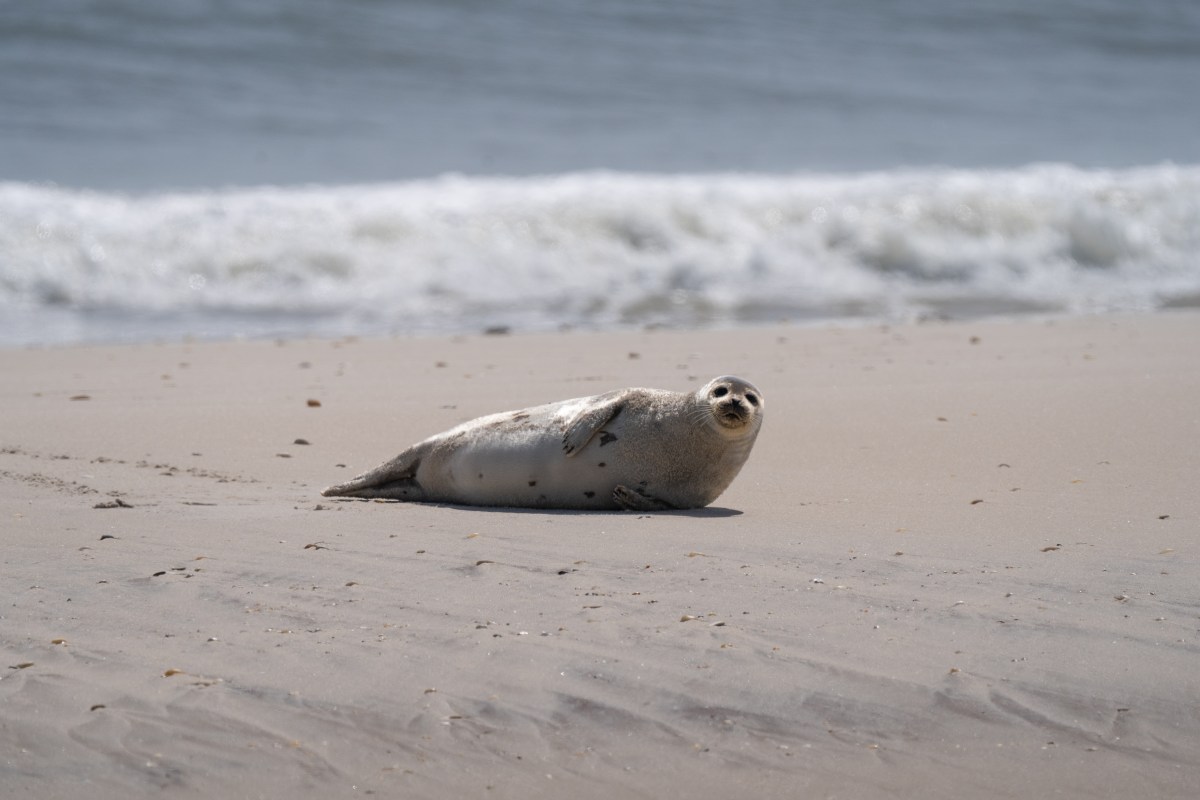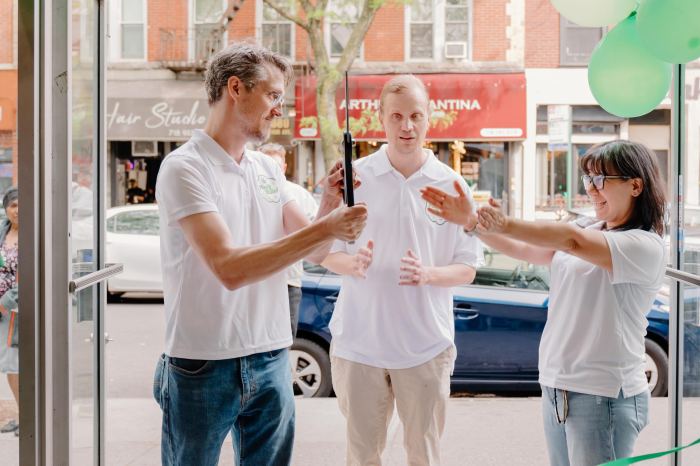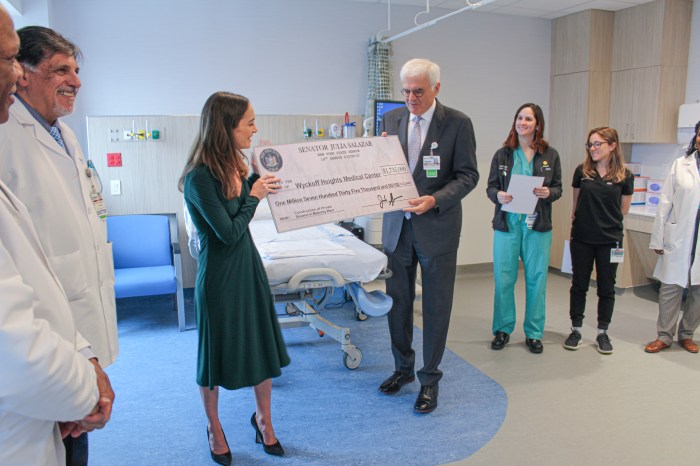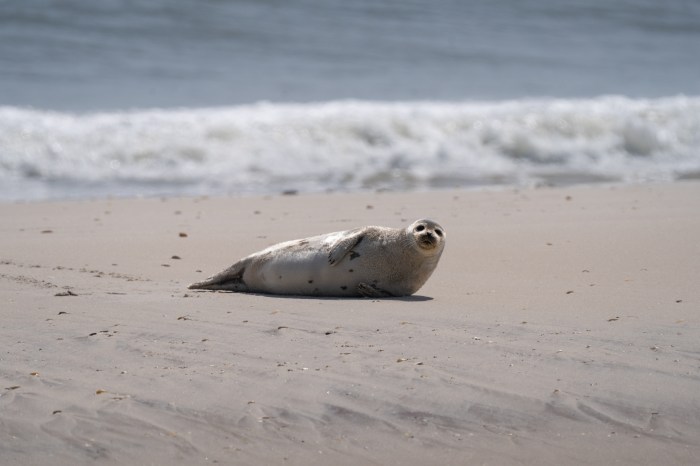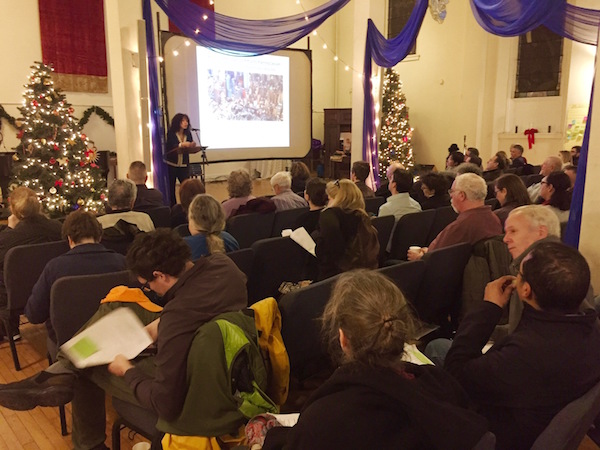
BY EILEEN STUKANE | After having their buttons pushed by everything from a lack of communication to eminent domain threats, the Hell’s Kitchen community is hitting “restart” on its approach to the Port Authority of New York and New Jersey’s (PA) plan to expand its aging bus terminal, now located between Eighth and Ninth Aves., from W. 40th to W. 42nd Sts.
At a Dec. 6 planning meeting, Community Board 4 (CB4) Chair Delores Rubin announced that the dozens of people in attendance would have the opportunity to voice their opinions and ideas, which would be absorbed by a new coalition. Tentatively named the Hell’s Kitchen South Alliance, all friends and neighbors were invited to participate — at that night’s meeting by way of small, think tank-like groups, and, moving forward, as active members of the Alliance.
Metro Baptist Church was a fitting venue for the meeting, as its location (410 W. 40th St., btw. Ninth & 10th Aves.) puts it within a part of Hell’s Kitchen once floated as a viable area for the revamped bus terminal. If the PA was going to expand and affect the neighborhood in the process, then Hell’s Kitchen residents were going to take the opportunity to let the PA know their community needs. This demand for a voice in the process was a true “restart,” as Rubin noted. Initially, the PA released plans for bus terminal relocation or expansion without community input (among their scenarios, the seizing of land from residents and business owners).
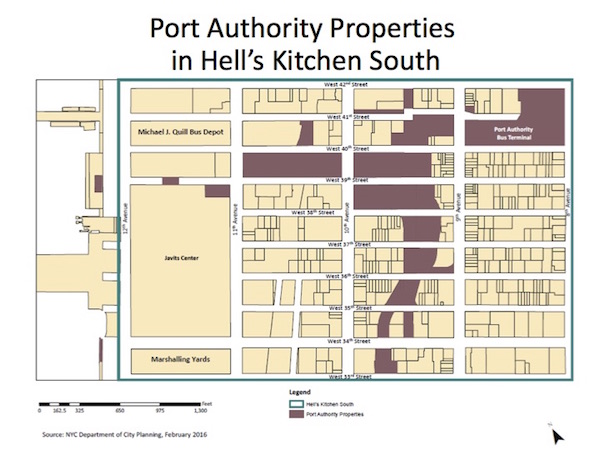
Now, the PA has scrapped all plans, and created a PA New York/New Jersey Working Group that includes PA representatives and eight members each from New York and New Jersey. Community leaders and local elected officials are among each state’s members. Now that everyone is sitting at the same table, the community will have a voice in the planning.
“Just like the community worked with the MTA on how to manage development rights on the Eastern Rail Yards, with the Port Authority, it’s the same thing,” said Joe Restuccia, executive director of Clinton Housing Development Company and CB4 member. “The PA owns all of this land in Hell’s Kitchen. How do the zoning rights move around? How do they get a terminal? Where does it go? What happens, and how do we make sure that, just as in Hudson Yards, that the community gets affordable housing, open space, community services, all the benefits and necessities that we need? This is the same thing, happening 12 years later.”
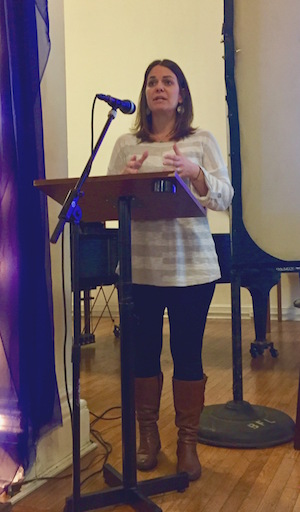
THE HELL’S KITCHEN COMMUNITY SPEAKS OUT | The CB4 PA Working Group laid the groundwork for the evening by hanging blank sheets of paper along the church walls, each designating a different area of concern for the community: Small Business/Community Services, Neighborhood Preservation, Air Quality, Parks, Transportation, Housing, and Additional Areas of Concern.
People were handed Post-it notes upon entering the meeting, and were encouraged to jot down their ideas and/or issues and attach the Post-its to the related categories indicated on the wall hangings. Residents mingled in discussion mostly with members of CB4’s related committees, who acted as facilitators at the various postings.
Facilitators reported on the thoughts of the crowd, and although each concern category was different, certain issues were repeated various times and revealed themselves as the strongest concerns:
–Saving small local businesses that are being pushed out due to rising property values. Rev. Tiffany T. Henkel, executive director of Rauschenbusch Metro Ministries and pastor at Metro Baptist Church, who was the facilitator for Small Business/Community Services, reported that residents mentioned how many small businesses were being lost while bars were proliferating. They were afraid that more would be lost, such as Big Apple and Esposito’s.
–The need for more schools.
–The preservation of artist studios.
–Maintaining a height limit on buildings. Facilitator for Housing, Joe Restuccia, reported that there is a 120-foot height restriction between Ninth and 10th Aves., but a 250-foot height restriction between Eighth and Ninth Aves.
–Housing for people of lower income, and help in getting access to that housing.
–Platforming over bus ramps, and parkland designed on platformed ramps coming into the city.
–Green roof installations.
–Small natural green spaces that would attract birds and butterflies, as opposed to asphalt playgrounds.
–Alternative energy buses, such as electric buses, and infrastructure to support transportation away from fossil fuels.
–The extension of the Number 7 subway, possibly into New Jersey.
–Wider sidewalks.
The most unusual idea was reported by JD Noland, CB4 member and facilitator for Neighborhood Preservation, who heard a resident’s wish of having a cemetery in Hell’s Kitchen, and to be buried there. As for the issue of saving small local businesses, Delores Rubin stated that getting neighborhood small business balance back would probably require more than one solution, and legislation. “We need to voice that issue and let our elected officials know that’s important to us,” she said.
Bob Minor, of the Hell’s Kitchen 50-51 Block Association, proposed a plan for using the parking area in the New Jersey Meadowlands to resolve the PA’s expansion issues. Minor suggested that buses could be headquartered in New Jersey by platforming parking lots, constructing the bus terminal on top of the lots, and putting solar panels on the terminal’s roof to create energy for charging electric buses. He then suggested extending the Number 7 subway line to run in and out of the city.
Another suggestion from the audience was building a structure for buses on pylons in the Hudson River, in a fashion similar to the Pier 55 “floating park” currently being constructed in the Hudson.
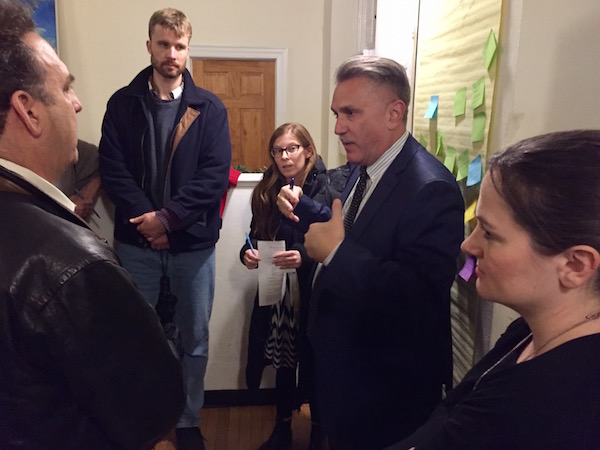
WHAT’S NEXT | CB4’s PA Working Group is aware that the PA’s bus terminal expansion is just one piece of a much larger transportation issue that encompasses consideration of an expanded Lincoln Tunnel, movement on the Gateway Program (which would increase track, tunnel, bridge and station capacity, and expand Trans-Hudson Ferry Service), and a Number 7 subway line extension to Secaucus, NJ. Whatever plan the PA settles on will take years to complete. The “making” phase, however, is here now.
“We will synthesize this information as the coalition [the Hell’s Kitchen South Alliance] comes together. This will be a starting point for the conversation,” said Rubin. “We’re going to be activists.”
For info on CB4’s interaction with the PA, visit nyc.gov/html/mancb4. Choose the Committees and Task Forces option, then go to the Clinton/Hell’s Kitchen Land Use page.
